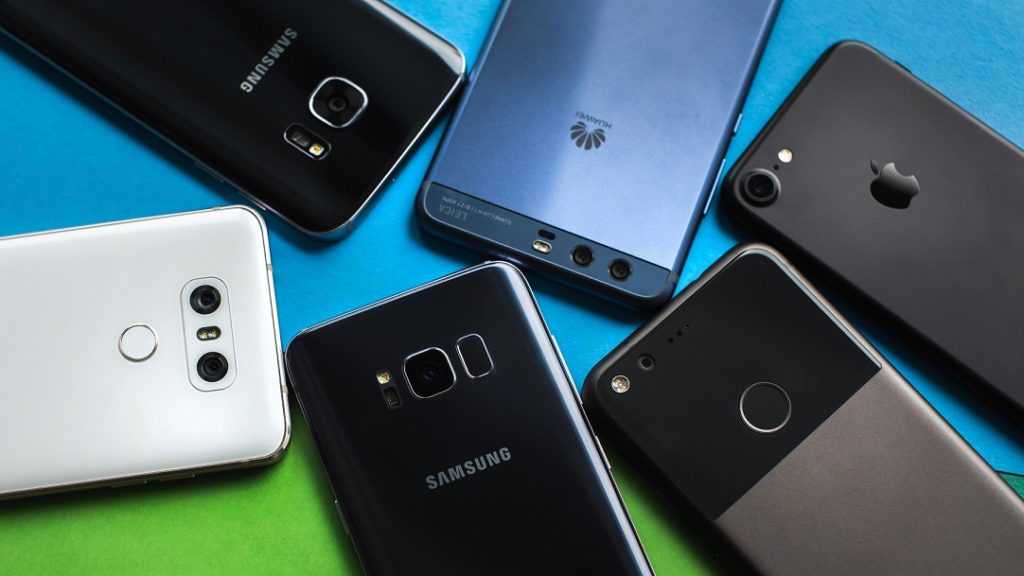Bolu and Chimgozirim here,
Spotify is trimming its workforce for the third time this year. The music streaming platform will cut 17% (roughly 1,500) of its current staff strength as it looks to reduce costs.
The company reduced its workforce in January and June this year, letting 800 employees go as it sought to reduce a bloated workforce.
In a memo to employees following the recent job cuts, CEO Daniel Ek explained that while the company had grown its reach and revenues in recent years, it had not done so efficiently. These layoffs, he says, will enable it achieve productivity and efficiency.
Affected employees will receive career support for two months, while Spotify will cover healthcare for them. Unused and accrued vacation benefits will also be paid to employees affected by the job cuts.
Here are the stories for the day:
- Ex-Nigerian governor set to launch VC fund in 2024
- South Africa wants to be a global EV player
- Kenya has tech that can spot fake phones
Ex-Nigerian governor set to launch VC fund in 2024
What do you do after completing an eight-year tenure as governor? Some people take time off politics. Others remain around the corridors of power.
For Nasir El-Rufai, former governor of Nigeria’s Kaduna State, his next move involves the launch of a $100 million VC firm. El-Rufai will contribute $2 million of his personal funds to the firm with the rest expected to come from limited partners.
When it launches in 2024, the fund will be one of the largest raised by an African. While making the announcement, the former governor stated that it would be headquartered in Nigeria’s capital, Abuja as it looks to invest in startups in Nigeria’s northern region.
Why is this important? The difficulty startups face when raising capital, especially in this current climate is well publicised. But for Nigerian startups outside Lagos, that difficulty assumes a greater magnitude. Consequently, any effort to provide capital for them is welcome.
Last month, Aduna Capital launched a $20 million fund to invest in startups from northern Nigeria and is part of efforts to drive investments and spur economic development in the region. El-Rufai’s home state, Kaduna, also became the first Nigerian state to adopt the Startup Act.
However, amid the optimism that has greeted the news, many have regarded the development with some caution. Widely recognised as an astute administrator, El-Rufai is also a divisive figure, inspiring as much hate as he does love. His background as a politician also contributes to the skepticism and distrust that has greeted the announcement.
The fund launches in January 2024 and is one to watch out for. Will El-Rufai’s involvement discourage founders or will they cast a blind eye to his history and accept investment from it? We’ll find out.
South Africa wants to be a global EV player

South Africa wants 20% of new vehicles in its automotive market to be EVs by 2025, and it has a plan.
What’s the plan? The country is working on a new energy vehicle policy and the cabinet has approved the draft white paper on EVs. The white paper details a comprehensive long-term strategy that would help South Africa become a leading and highly competitive location for EV production globally.
Part of the goal of the new energy vehicle policy — basically an EV strategy — is to invest in South Africa’s automotive sector and build more manufacturing plants.
According to the cabinet’s statement “SA (South Africa) becomes part of the global shift from internal combustion engines to new technology vehicles.”
Zoom out: South Africa is not the only African country that wants to make that global shift. Nigeria also has a 2022 draft of a national action plan for the development of electric vehicles.
However, South Africa could make that transition from internal combustion engines to electric quicker than Nigeria. This is because SA already has a larger vehicle manufacturing market — 555,889 vehicles were manufactured in 2022 — than Nigeria. Vehicle manufacturing in Nigeria is practically non-existent.
If you’re wondering what Nigeria’s EV future looks like, I wrote an article where I spoke to EV makers, Siltech and Jet Motors.
Kenya has tech that can spot fake phones

The Kenyan government has revealed plans to install device management systems (DMS) on phones to detect counterfeit phones.
What is DMS? DMS helps organisations to maintain a level of control over their devices including phones and computers. It is important because company devices need to be secure in case they go missing or end up in the hands of a rogue employee.
Creepy: Yes, the fact that Kenya wants to install this on people’s phones is a bit sketchy, and I’m not the only one thinking it. Even Safaricom, a major telco in Kenya did not allow the government to install DMS on its network because of privacy concerns.
However, the government believes fighting counterfeit phones and preventing mobile phone theft is more important. Well, I’m not buying it, and neither are the Kenyan courts that halted the implementation of the project back in 2016.
What we’re reading
How millenials learned to dread motherhood
‘We will coup whoever we want!’: the unbearable hubris of Musk and the billionaire tech bros
Interview: What We Can Learn From Loneliness Research





